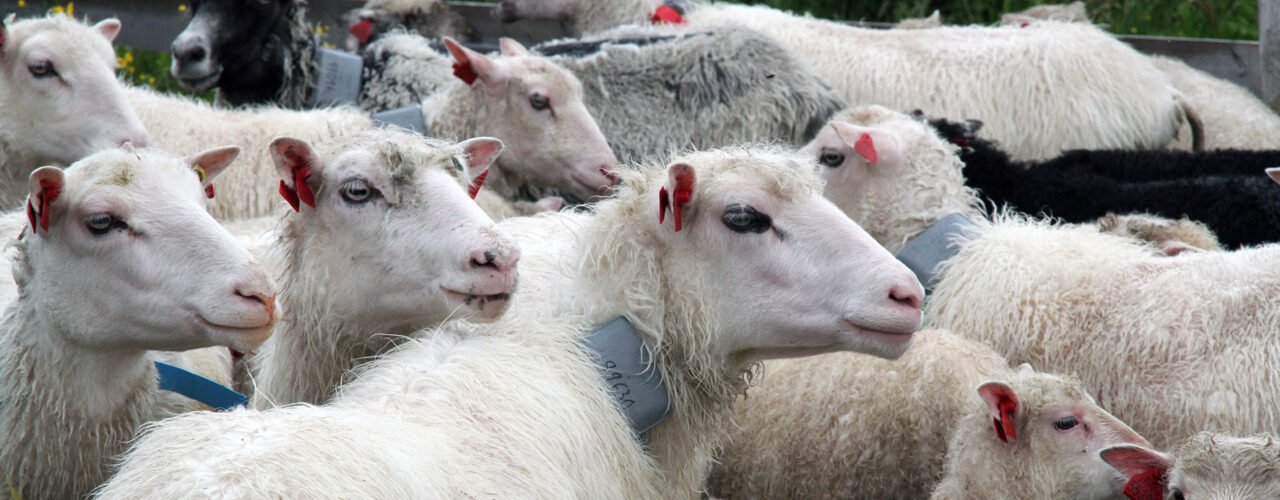
SensTech: Technology for Improved Management and Future Utilisation of Rough Grazing Resources
Each year, more than two million animals, mainly ewes and lambs, graze on unimproved, rough grazing lands during the summer months. This form of grazing potentially enables a high standard of animal welfare, as the livestock have behavioural freedom. Nevertheless, free-roaming grazing animals are subject to various threats; e.g., the loss of sheep to both predators and diseases poses a serious challenge to animal welfare and also results in financial loss for farmers. To improve the profitability and sustainability of sheep farming in Norway, sheep losses must be significantly reduced. We believe that technical innovation is crucial for achieving this goal.
Livestock on rough grazing land are much less looked after, and thus treated for disease or injuries later than animals grazing on cultivated pastures closer to the farm. Furthermore, it takes a lot of effort to detect diseases in free-roaming livestock. Sensors attached to the animals can monitor physiological parameters, such as body temperature and heart rate. An import aspect of such monitoring is the automatic notification of irregularities to the farmer, which would enable early detection of diseases and thus facilitate timely medical treatment. The integration of such sensors in already existing tracking systems, such as Telespor, could help to detect, locate and treat sick animals. Regarding predator attacks, the system could notify the sudden death of an animal, which in turn would enable the prompt evacuation of remaining livestock from the area.
The project’s goal is thus to test sensors that measure body temperature and heart rate and to assess the sensors’ precision and suitability as a monitoring and warning tool for diseases and predator attacks in sheep farming. This is the first step towards developing a commercial monitoring system that enables the early detection of diseases and predator attacks at the individual animal level, also for free-range livestock farming.


